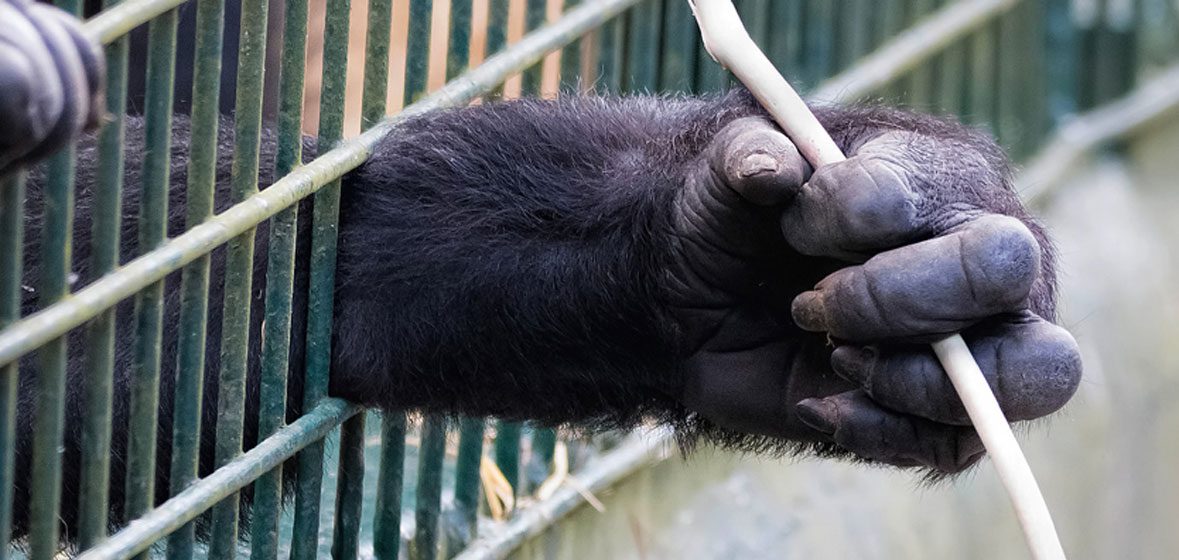This article is an abridged version of the author’s winning entry to the NSW Young Lawyers 2017 National Animal Law Essay Competition.
Snapshot
- Nonhuman animals are generally excluded from the scope of legal personhood.
- The US Nonhuman Rights Project recently brought proceedings on behalf of several detained chimpanzees, seeking the expansion of legal personhood to include nonhuman animals.
- While there has been reluctance to depart from traditional notions of what constitutes a legal ‘person’, there are arguably many reasons why the law should be reformed.
With few exceptions, nonhuman animals are generally excluded from the scope of legal personhood. Such exclusion renders nonhuman animals vulnerable to human tyranny, (Wise, Steven M, ‘Dismantling the Barriers to Legal Rights for nonhuman Animals’ (2001) 7 Animal Law 9, 12) as legal personality is the only reliable means of protecting fundamental rights to freedom and liberty (Nonhuman Rights Project Inc on Behalf of Hercules v Leo v Stanley, NY Sup Ct, No 152736, 29 July 2015) slip op 8 (‘Stanley’)). Specifically, a legal person has access to the writ habeas corpus as a legal means to challenge their lack of freedom.
In seeking the expansion of legal personhood to include nonhuman animals, an American group called the Nonhuman Rights Project (‘NHRP’), has brought proceedings on behalf of several detained chimpanzees over the past four years. The unsuccessful outcomes of the proceedings reflect the reluctance of the judiciary to depart from traditional notions of what constitutes a legal ‘person’. However if one builds on Justice Jaffe’s reasoning in Stanley, the extension of legal personhood to nonhuman animals is not only legally and pragmatically feasible, but morally justifiable.




